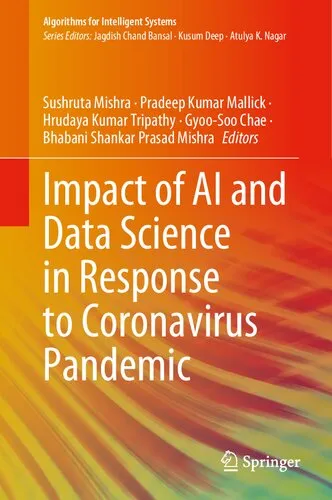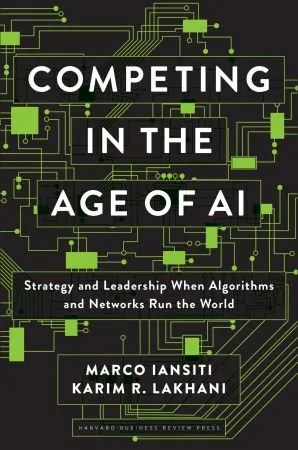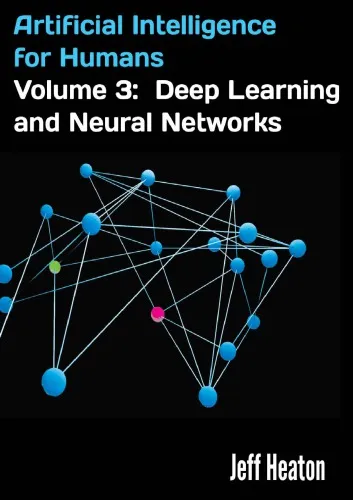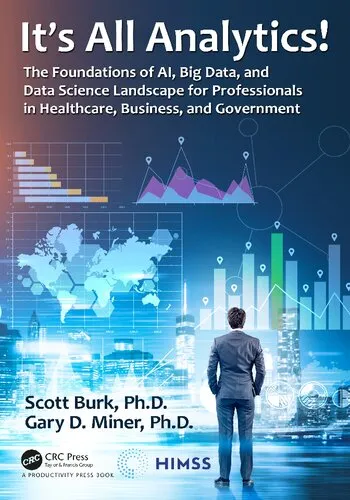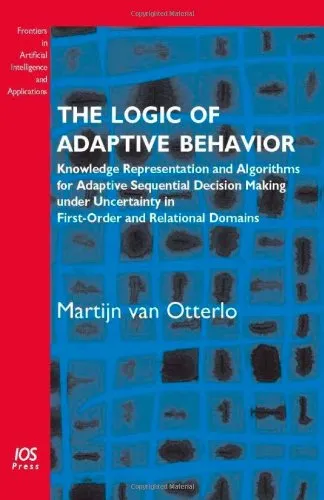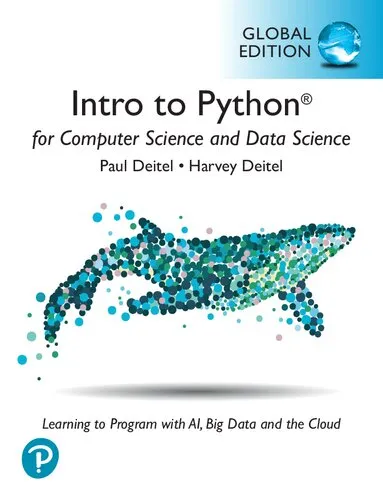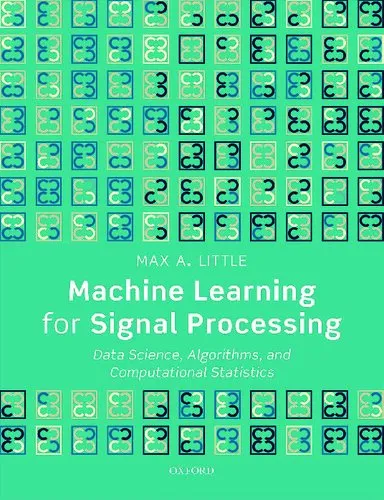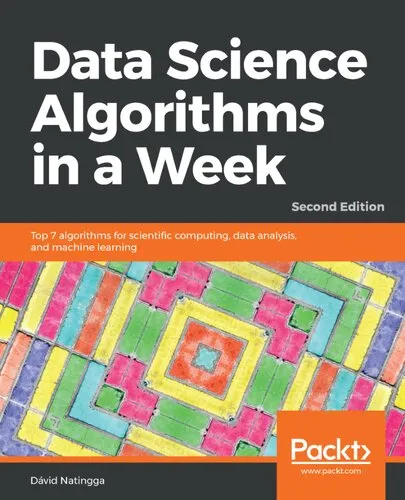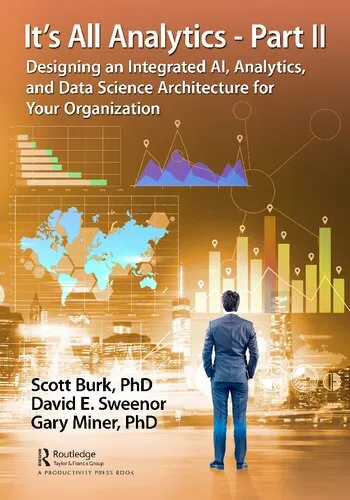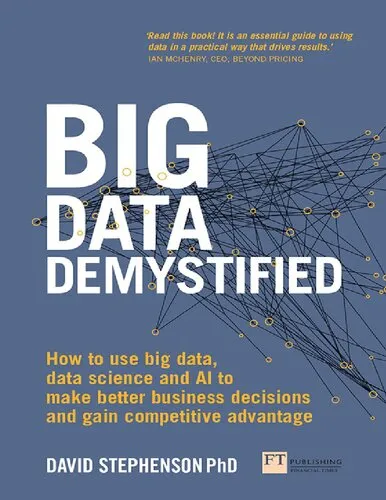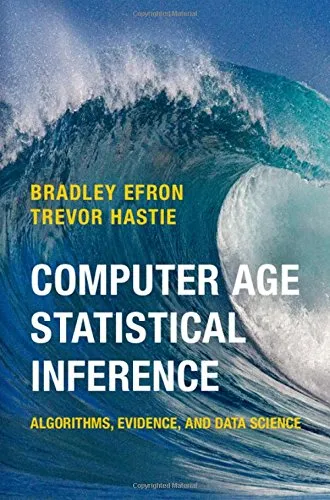Impact of AI and Data Science in Response to Coronavirus Pandemic (Algorithms for Intelligent Systems)
4.0
Reviews from our users

You Can Ask your questions from this book's AI after Login
Each download or ask from book AI costs 2 points. To earn more free points, please visit the Points Guide Page and complete some valuable actions.Related Refrences:
Introduction
The coronavirus pandemic has been one of the most devastating global health crises of our time, pushing humanity to its limits and exposing vulnerabilities in our healthcare systems, economies, and societies. Against this chaotic backdrop, technology emerged as a silver lining, with Artificial Intelligence (AI) and Data Science playing a pivotal role in understanding, managing, and mitigating the crisis. The book, Impact of AI and Data Science in Response to Coronavirus Pandemic (Algorithms for Intelligent Systems), explores these cutting-edge technologies, showcasing how they contributed to navigating the complexities of this unprecedented event. This book is a tribute to innovation, collaboration, and the resilience of humanity in the face of adversity.
Co-authored and curated by a distinguished panel of editors — Sushruta Mishra, Pradeep Kumar Mallick, Hrudaya Kumar Tripathy, Gyoo-Soo Chae, and Bhabani Shankar Prasad Mishra — this book intricately examines the intersection of AI, Data Science, and healthcare during the COVID-19 pandemic. Through a collection of chapters contributed by researchers and practitioners worldwide, the book highlights groundbreaking algorithms, strategies, and applications that have reshaped the landscape of global health management.
Detailed Summary of the Book
The book is structured around diverse and interconnected topics that detail the role of AI and Data Science during the pandemic. It begins by offering foundational insights into the virus's nature, transmission models, and the evolving needs of healthcare systems worldwide. The initial chapters focus on predictive analytics, where machine learning algorithms were utilized to forecast infection rates, hospitalizations, and the spread of the virus across regions.
Subsequent sections delve into real-world applications, such as AI-powered diagnostic tools and image processing algorithms for detecting COVID-19 infections through X-rays and CT scans. Data-driven models for drug discovery, vaccine development, and genomic understanding are also critically examined. Particular attention is given to Natural Language Processing (NLP), where AI systems managed data extraction, sentiment analysis, and misinformation debunking across social media and news platforms.
Further, the book explores AI-powered supply chain optimizations during the pandemic, helping manage the distribution of essential goods and medical supplies. It also addresses contact tracing, mobility analytics, and automated systems for continuity of education and remote work challenges. The final chapters present ethical considerations, limitations of AI during the pandemic, and lessons learned for dealing with future health crises.
Key Takeaways
- AI and Data Science proved instrumental in managing and mitigating the spread of COVID-19. Predictive modeling, contact tracing, and vaccine research were expedited through computational capabilities.
- Leveraging AI for diagnostic purposes enabled healthcare providers to offer faster and more accurate treatments, saving lives and reducing strain on overwhelmed systems.
- Ethical and socio-economic challenges, including data privacy, misinformation, and the digital divide, must be addressed to fully realize the potential of AI in global crises.
- The COVID-19 pandemic accelerated the adoption of AI tools, leading to permanent shifts in healthcare, business, and education systems worldwide.
- Collaboration across multiple disciplines, institutions, and nations is essential for harnessing the true power of AI in addressing global challenges.
Famous Quotes from the Book
"The pandemic drew an indelible line between organizations and systems that embraced technological advancements and those that struggled to adapt."
"Data is the lifeblood of modern decision-making, and during the COVID-19 pandemic, the wisdom extracted from data saved countless lives."
"AI and Data Science didn’t magically end the pandemic, but they unlocked tools, insights, and hope essential to humanity’s fight for survival."
Why This Book Matters
As the global community reflects on the coronavirus pandemic, the need to understand the technological advancements that shaped our response becomes more urgent than ever. This book is not merely a technical reference; it is a time capsule capturing the ingenuity, collaboration, and determination that defined this era. By detailing real-world applications, the book empowers policymakers, researchers, and technologists to design smarter, quicker, and more humane responses to future crises. For students, this book is an educational guide to understanding AI's utility in solving large-scale, real-world problems. For practitioners, it offers insights into tailoring innovations for maximum social impact.
The collective wisdom shared in this book ensures that the knowledge gathered during the pandemic is preserved and utilized for generations. From advancing medical diagnostics to improving global communication, from mitigating supply chain disruptions to combating misinformation, the lessons contained within these pages showcase how AI and Data Science can transcend challenges and redefine what is possible in times of crisis. In a world that continues to face unpredictable emergencies, this book highlights why we must remain agile, informed, and united in leveraging technology for the greater good.
Free Direct Download
You Can Download this book after Login
Accessing books through legal platforms and public libraries not only supports the rights of authors and publishers but also contributes to the sustainability of reading culture. Before downloading, please take a moment to consider these options.
Find this book on other platforms:
WorldCat helps you find books in libraries worldwide.
See ratings, reviews, and discussions on Goodreads.
Find and buy rare or used books on AbeBooks.
1230
بازدید4.0
امتیاز0
نظر98%
رضایتReviews:
4.0
Based on 0 users review
Questions & Answers
Ask questions about this book or help others by answering
No questions yet. Be the first to ask!
